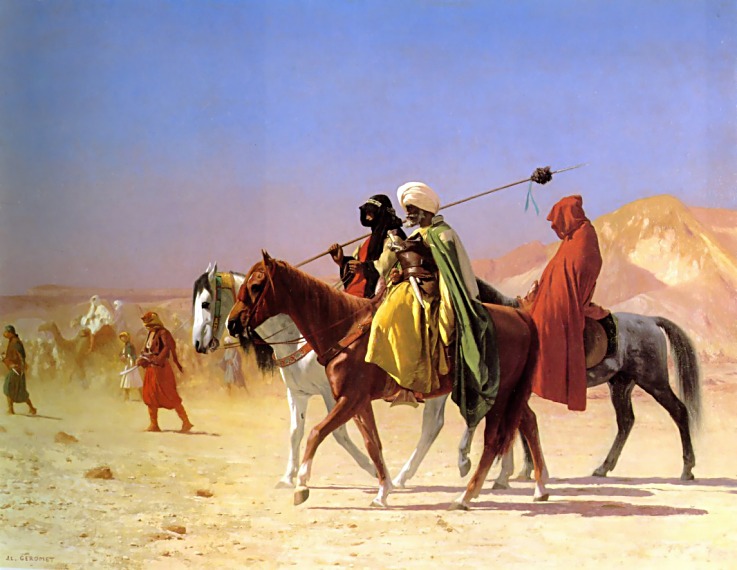
The head of Libya’s Supreme Council of State, based in western Libya, Mohammed Takala spoke out against the governors of the Libyan parliament in the east of the country and the commander of the Libyan National Army (LNA), Khalifa Haftar.
On February 4, 2024, the head of the Supreme Council of State of Libya, Mohammed Takala, made a harsh statement that effectively nullifies the results of the work of Libya’s international and internal forces for a year and a half to find a compromise on the the question of harmonization of electoral laws. Takala also spoke harshly against the Libyan parliament and the LNA commander.
According to Takala, Libya’s parallel government created by the country’s parliament has no international support, and the House of Representatives itself has effectively ceased to exist, removing Prime Minister Fathi Bashagha and appointing another prime minister in his place.
“Therefore, it is the same as nothing, and it is simply a group created to put pressure on the legitimate government in Tripoli.”Takala said.
Takala said the electoral laws issued by the House of Representatives were flawed and inconsistent, adding that until they are approved by Libya’s Supreme State Council, they are considered invalid.
“If they are issued by parliament and not approved by the Supreme Council of State of Libya, any Libyan citizen affected by them can appeal them and the appeal will be won, which will return the crisis to normal. “Therefore, we must shorten the path and resolve the matter by establishing a joint committee between the House of Representatives and the Supreme State Council of Libya to correct these laws.”Takala said.
Takala’s statement simply ignores the results of the annual work of the joint committee of parliament and the Supreme State Council “6+6”, formed on March 30, 2023. The formation of the joint committee “6+6” was the result of long negotiations between the Libyan House of Representatives and the country’s Supreme State Council through the mediation of the UN and diplomats from the United States, Russia, Turkey and the EU.
The result of the work of the “6+6” joint committee was the electoral laws, which, according to the agreement on the formation of the “6+6” joint committee, were to be approved by parliament and the Supreme State Council. the country.
The Libyan Parliament approved them on October 2, 2023, but they were not approved by the Libyan Supreme State Council due to the change of its head.
The joint committee of the parliament and the Supreme State Council of Libya “6+6” was formed when the Supreme State Council was headed by Khaled Mishri, but on August 6, 2023, Khaled Mishri unexpectedly lost the election for the position of head of the council and Muhammad Takala was elected new head of the council. Takala won the second round of voting by just five votes, with 67 votes to Khaled Mishri’s 62.
The electoral laws drawn up by the 6+6 joint committee were the result of a consensus between the east and west of Libya and, in particular, allowed the Libyan military to participate in the elections as candidates for the presidency of the country, which allowed the commander of the Libyan National Army, Khalifa Haftar, to participate in the elections and created all the conditions for a political solution to the crisis in Libya.
But Takala rejected this consensus and opposed the candidacies of military and former military personnel, as well as citizens with dual nationality.
“We are not asking for the impossible, but for what is applied in most countries in the world, and we do not want laws that go against what countries know. Our position is clear. And, frankly, we reject dual citizenship and military candidacy because of our desire to live in a true democracy, far from dictatorship and military control, and this requires a review of the laws.”Takala said.
This statement is clearly directed at the commander of the Libyan National Army, Khalifa Haftar, as Haftar is a military man and holds dual citizenship of Libya and the United States.
The adoption of electoral laws with this formulation closes all legal opportunities for Haftar to participate in the Libyan presidential elections and pushes him to repeat the military campaign against Tripoli and pushes Libya into a new round of civil war.
Takala’s remarks come amid reports that the Libyan National Army is being reinforced with military supplies from Russia. Videos have appeared on Telegram channels purporting to show tanks and artillery supplied to the LNA by Russia.
In turn, the government in Tripoli is not standing still and is strengthening its military cooperation with Turkey. Taken together, all this further complicates the crisis in Libya.
Source: Rossa Primavera
I am Michael Melvin, an experienced news writer with a passion for uncovering stories and bringing them to the public. I have been working in the news industry for over five years now, and my work has been published on multiple websites. As an author at 24 News Reporters, I cover world section of current events stories that are both informative and captivating to read.
